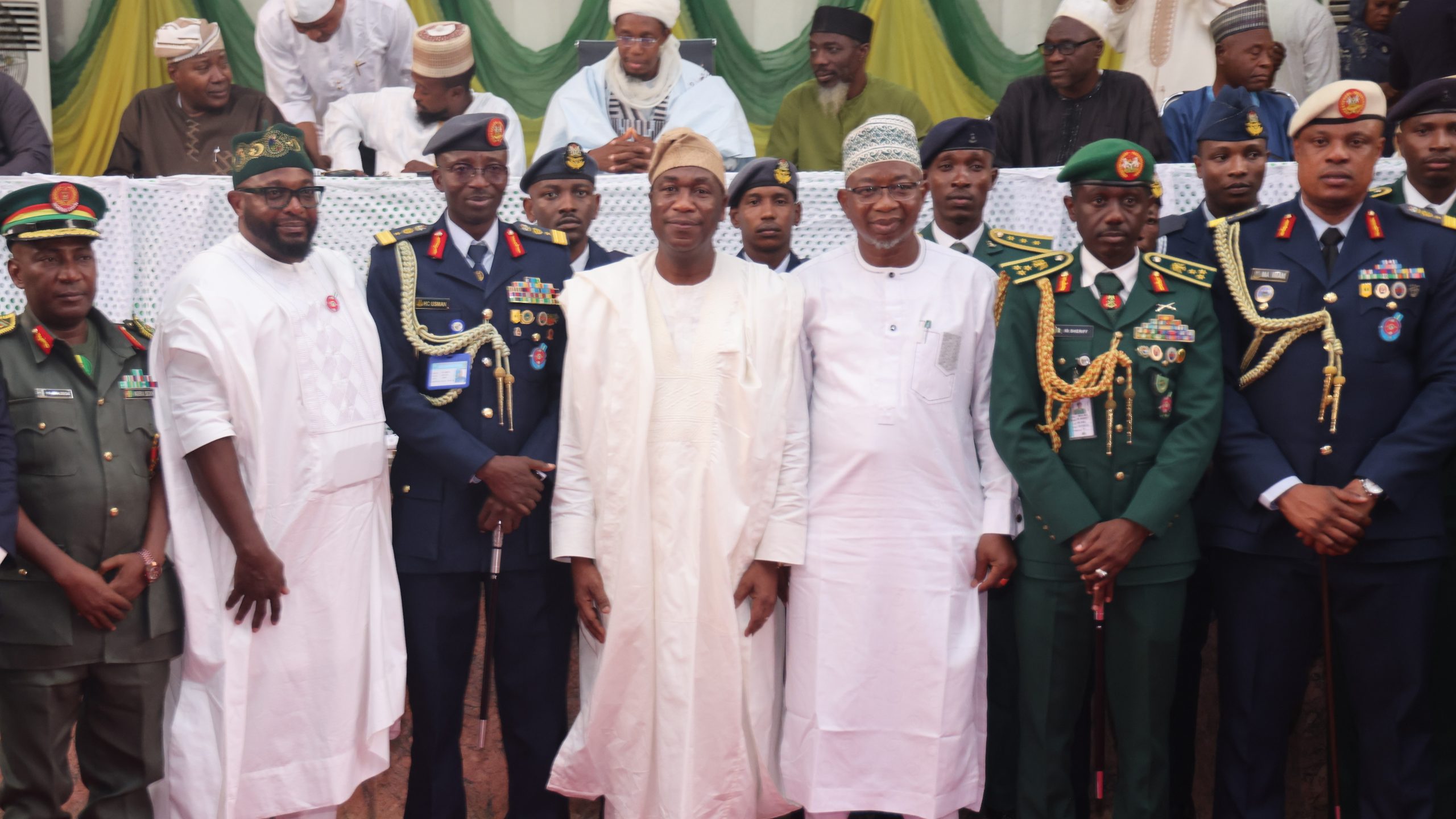By Gbenga Salau
The Chairman, Code of Conduct Bureau, Dr Abdullah Bello Usman, has said that anti-corruption reforms are not the sole responsibility of government agencies.
Usman stated that curbing corruption is a collective responsibility that requires citizens’ active participation because corruption remains one of the most formidable obstacles to the nation’s development.
According to him, as part of efforts to check corruption, the agency is moving toward politicians and public servants declaring their assets online instead of in a manual format.
Usman, represented by the Head, Department of Education and Advocacy Services, Mr. Edward Koyonda, stated this at a two-day workshop on the online assets declaration system organised by CCB in collaboration with Centre for Social Justice (CSJ) with funding from the Rule of Law and Anti-corruption (ROLAC) for public and civil servants in Lagos.
The CCB chairman noted that corruption erodes public trust, stifles economic growth, and perpetuates inequality.
“The CCB, as a cornerstone of Nigeria’s integrity framework, recognises that declaration of Assets is not just a statutory obligation but a moral imperative. While it is an obligation for public Officers to comply, it is an obligation for CCB to enforce compliance with the code of conduct for public Officers which Assets Declaration is a parcel and part,” he said.
“It is the bedrock of ethical governance. We cannot ignore the reality of our time. Manual systems are susceptible to inefficiency, opacity, and abuse. This is why the transition to the digital Assets Declaration Platform is not just an upgrade but a revolution.
“By leveraging technology we eliminate bureaucratic bottlenecks, reduce human interference, and create an acceptable trail that deters malfeasance. This system will empower public officials to declare Assets seamlessly while enabling real-time monitoring by shareholders.”
Usman reaffirmed CCB’s commitment to continually innovate, collaborate, and enforce compliance without fear of favour.
“But we need – the media, Civil Society, and every Nigerian – to be our allies in this fight. Let us harness the power of technology to safeguard our nation’s resources and restore public confidence. Together, let us build a legacy of integrity for generations to come.”
In his opening remarks, the Executive Director CSJ, Eze Onyekpere, noted that the Constitution of Nigeria mandates every public officer, from the cleaner in the local council to the president to declare his assets and liabilities at given periods.
Onyekpere represented by Martins Uzochukwu Eke, said: “It also establishes the Code of Conduct Bureau which oversees and manages the assets and liabilities declaration system. If every public officer complies with the law, there will be not less than ten million declarations of assets and liabilities.
“Continuing with the old paper, analogue declaration of assets will involve massive logistics challenges ranging from storage space, processing, verification, and follow-up activities.
“The benefits expected to accrue from the OADS are legion. They include ease of compliance for declarants, ease of managing the process for the Bureau, quality control, improved verification, improving interagency collaboration, facilitating the realisation of core objectives of the assets declaration system, reducing the cost of running the assets and liabilities declaration system and improving transparency,” Onyekpere said.
The Senior Programmer Manager, Community Life Project, Francis Onahor, in his goodwill message, observed that the workshop marks a significant step toward promoting accountability within the public service.






